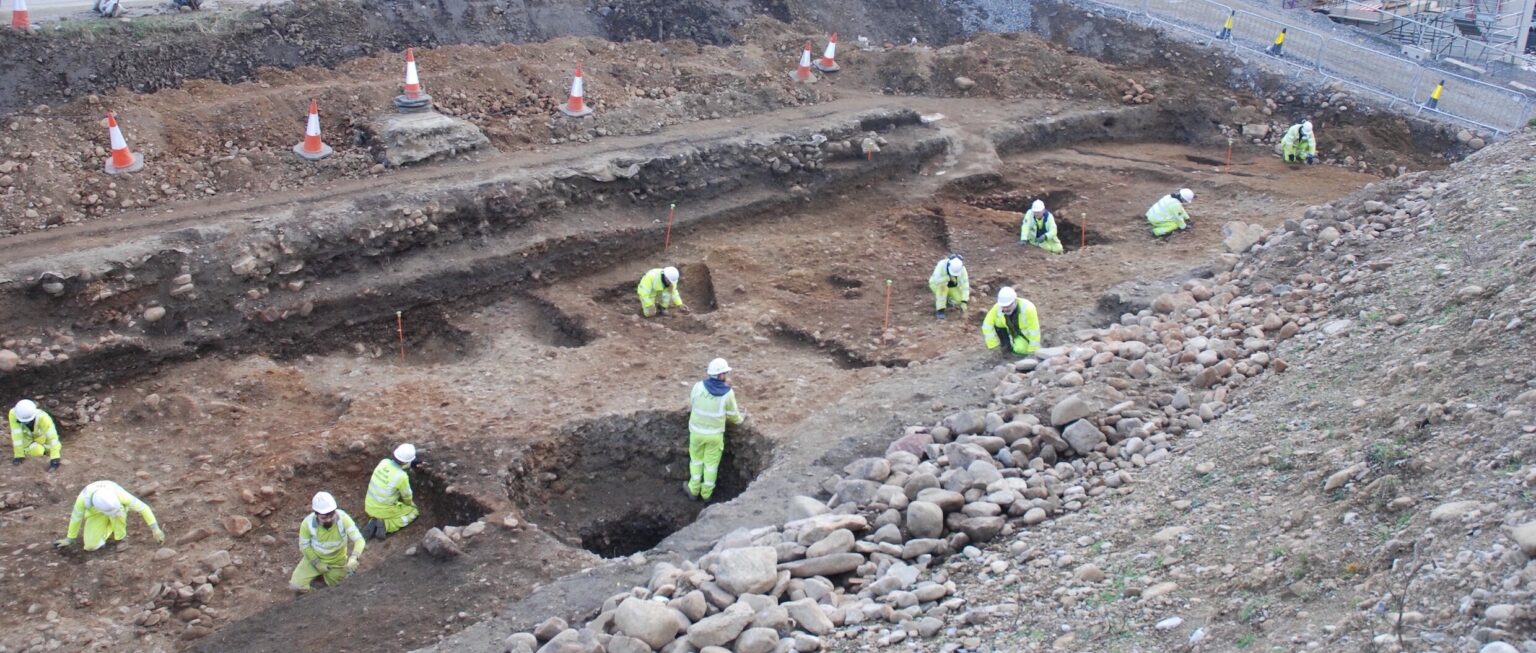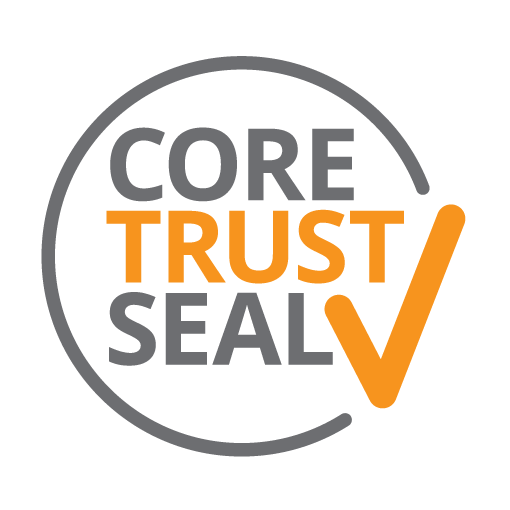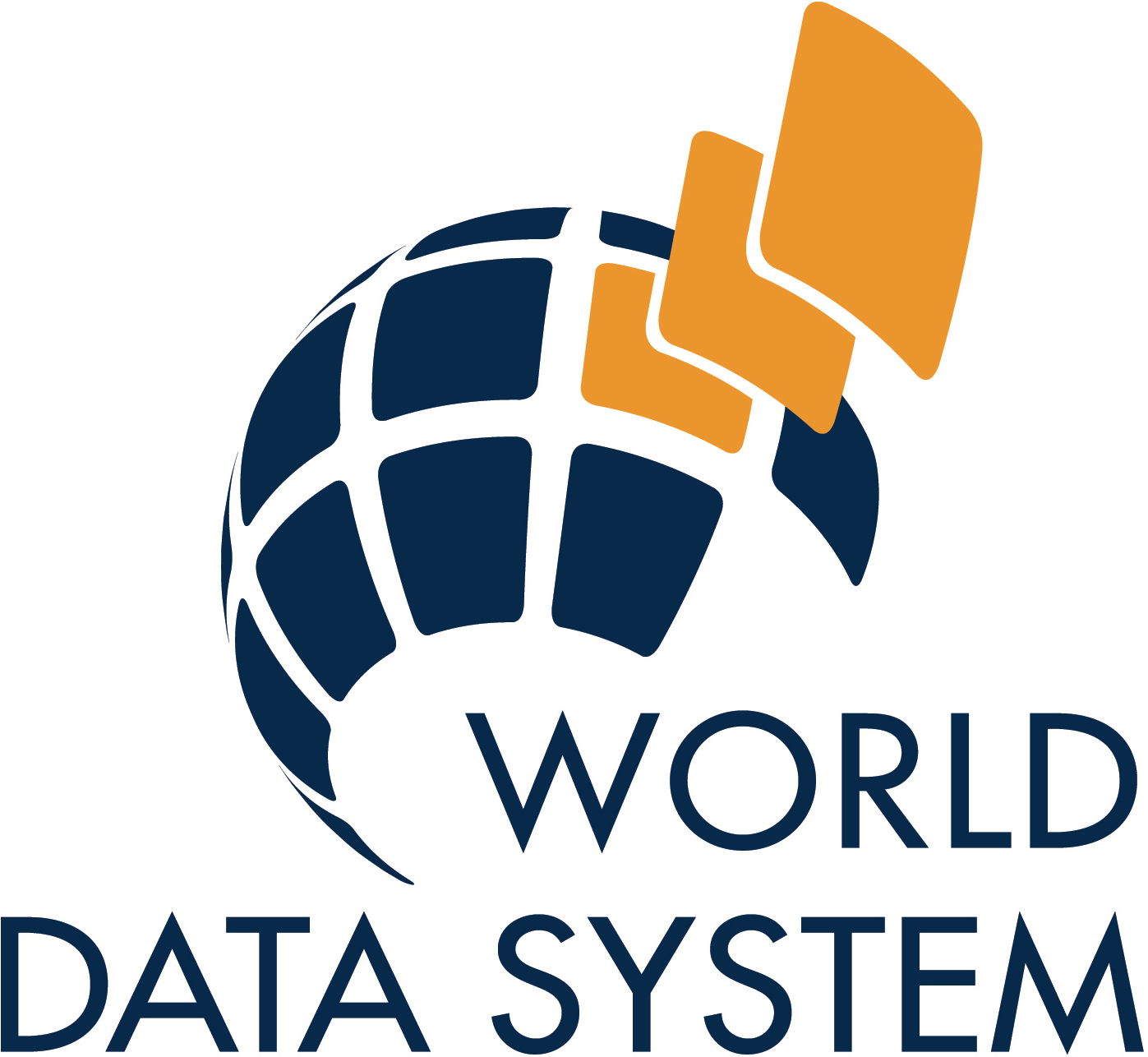Data Management and Deposition with the ADS for AHRC Projects
One day data management course covering good data management practices and how to deposit datasets with the ADS for AHRC funded projects.
About this event
Digital material can be extremely fragile and ephemeral. With the volume of information that exists in digital form increasing rapidly, there is a growing awareness of the importance of effective data management and digital preservation. Access to and the interoperability of our digital data is also extremely important. If data is not Findable, Accessible, and Interoperable it cannot be Reusable and contribute to future research. As a result digital accessibility and preservation is now a major concern for all heritage institutions that deal with data. Funding bodies are increasingly demanding that digital data be archived in a suitable repository and policy frameworks require organisations and practitioners to institute good practices to ensure the long-term preservation of and access to digital data.
This one day data management course will provide data creators and curators with the knowledge and skills necessary to carry out good data management practices and deposit well defined datasets with the Archaeology Data Service.
The course will do this by introducing the FAIR principles and highlighting the importance of planned data management, data standards and standardised vocabularies. Providing practical advice for best practice in data creation, management, and sharing, culminating in how to deposit with the Archaeology Data Service (ADS) and the opportunities for enhanced data publication and dissemination that the ADS and the online peer reviewed journal Internet Archaeology can provide.
Aims and objectives
The aim of this course is to improve the participant’s knowledge and understanding of data management and to provide them with the skills necessary to prepare datasets for deposition with the ADS.
The course objectives are as follows:
- To introduce the importance of digital preservation and data management
- To explain the FAIR and CARE principles
- To provide practical guidance on data management
- To demonstrate the importance of standardised vocabularies
- To illustrate the importance of metadata for long-term preservation and data reuse
- To provide practical guidance on the methods of depositing data with the ADS
- To present how ADS can provide enhanced data dissemination tools
- To introduce the opportunities provided by digital publication
Agenda
9:30am Welcome, Introductions and Course Outline. Dr Katie Green, ADS Collections Development Manager.
10:00am Introduction to the ADS: History and Services. Dr Tim Evans, ADS Deputy Director.
10:20am Introduction to the FAIR and CARE principles. Dr Holly Wright, ADS International Projects Manager.
10:40am Discussion session.
10:50am Screen break.
11:00am Data Management Planning: Tools and Tips. Teagan Zoldoske, ADS Digital Archives Officer.
12:00 noon Lunch break.
1:00pm The Importance of Being Explicit: Metadata for Data Reuse and Preservation. Jenny O’Brien, ADS Digital Archivist.
1:20pm Introduction to Thesauri and Standardised Vocabulary for Heritage. Dr Tim Evans, ADS Deputy Director.
1:40pm Discussion session.
1:50pm Screen break.
2:00pm Selection and Retention of Data for Long-Term Preservation. Dr Katie Green, ADS Collections Development Manager.
2.15pm Depositing with the ADS. Dr Katie Green, ADS Collections Development Manager.
2.30pm ADS-easy Demonstration. Olivia Foster, ADS Digital Archives Officer.
3:00pm Screen break.
3:15pm Introduction to Special Interfaces at the ADS. Dr Katie Green, ADS Collections Development Manager.
3:40pm After the Archive. Digital Publication with Internet Archaeology. Judith Winters, Editor, Internet Archaeology.
4.00pm Discussion Session
4.30pm End
Online Wednesday 30th March 2022
This one day data management course has been developed for individuals associated with an Arts and Humanities Research Council funded project. The course will provide data creators and curators with the knowledge and skills necessary to carry out good data management practices and deposit well defined datasets with the Archaeology Data Service.



